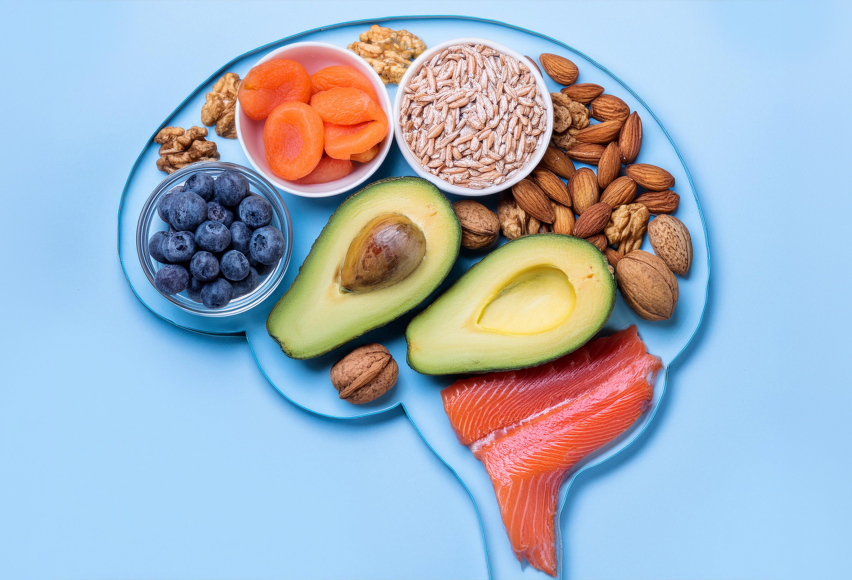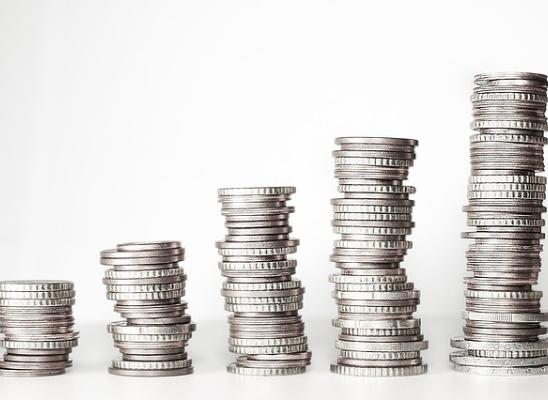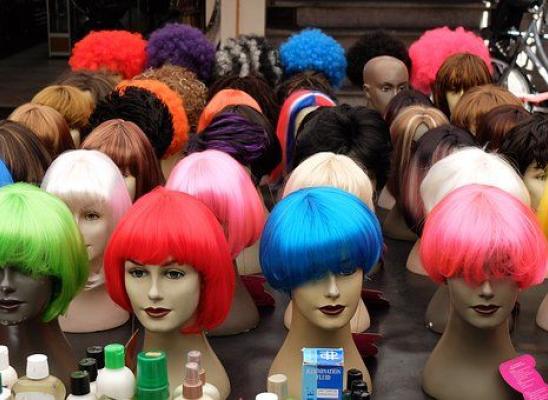Trich, the Brain, and the Diet

Online test
Find out the severity of your symptoms with this free online test
There’s an old saying, “You are what you eat.” Now, that doesn’t mean that if you eat a banana that you’re literally a banana. What it means is that what you consume can affect you in ways you might not even realize. It’s pretty well established that diet can impact your physical health. What you might not realize is that diet seems to impact mental health too.
Scientists refer to this connection as the “gut-brain axis”. Research has found that diet plays a huge role in brain health and how the brain and body work together. Highly processed and refined foods, like sugar and saturated fats, are correlated with impaired brain function, including depression, pain perception, stress response, and emotional regulation.
Dietary intake has also been linked to compulsivity and impulsivity. Refined sugar has been associated with increased impulsivity. Research has shown that diets high in saturated fats may contribute to brain inflammation, which can negatively affect emotional regulation and cognitive function. Poor diet has been correlated with impulsive/compulsive symptoms and associated disorders including attention deficit hyperactivity disorder (ADHD).
What’s that got to do with hair pulling? More than you might think. Both compulsivity and impulsivity are central to the behavior patterns seen in trichotillomania.
If you’re living with trich, you’ve probably wondering if diet could be related to your symptoms too. Research tells us that trich is thought to be related to emotional dysregulation and is often triggered by stress. Could diet be related to trich? What was thought to be the first of its kind, a 2021 study took a closer look at nutrition in body focused repetitive behaviors (BFRBs) like hair pulling.
The Relationship Between Food and Trich
The researchers hypothesized that calorie dense diets higher in refined sugars would be associated with more severe hair pulling and higher impulsivity and compulsivity. What they found was that relationship between sugar, saturated fats, and trichotillomania is complicated.
- high sugar intake was associated with greater compulsivity and non-planning impulsivity
- a diet high in both saturated fat and sugar was associated with greater motor impulsivity
- diet was not associated with severity of either hair pulling or skin picking symptoms
Despite BFRBs being associated with impulsivity, diet appears to affect impulsivity in different ways. High sugar intake appeared to impact one aspect while a diet high in both fat and sugar affected another aspect of impulsivity.
The researchers speculated that the results may reflect the influence of past-year dietary intake rather than past-week intake. The findings may suggest that dietary intake may be involved in the initiation of hair pulling or skin picking but may not significantly influence day-to-day fluctuations in symptom severity or affect it in ways still undiscovered.
Clearly more research is needed to understand the complex relationship between food and BFRBs. With what is already known about diet and inflammation, could diet affect neurodevelopment or predispose one to certain disorders? Can diet be managed to reduce impulsivity or compulsivity? These are questions that future research may be able to answer.
So, what does this mean for now?
Studies like this one support the need for a healthy, balanced diet. These findings also suggest the need for a more integrated approach to care with attention to not only symptoms but how a person’s lifestyle may be impacting their symptoms immediately and long-term. Individualized treatment approaches address individual needs and may result in more successful treatment outcomes.
References
1. Carpenter, S. (2012). That gut feeling. PsycEXTRA Dataset, 43(8), 50. https://doi.org/10.1037/e609662012-015
2. Steele, C. C., Steele, T. J., Gwinner, M., Rosenkranz, S. K., & Kirkpatrick, K. (2021). The relationship between dietary fat intake, impulsive choice, and metabolic health. Appetite, 165, 105292. https://www.sciencedirect.com/science/article/abs/pii/S0195666321001999?via%3Dihub
3. El Archi, S., Cortese, S., Ballon, N., Réveillère, C., De Luca, A., Barrault, S., & Brunault, P. (2020). Negative affectivity and emotion dysregulation as mediators between ADHD and disordered eating: A systematic review. Nutrients, 12(11), 3292. https://www.mdpi.com/2072-6643/12/11/3292
4. Miller, A. A., & Spencer, S. J. (2014). Obesity and neuroinflammation: a pathway to cognitive impairment. Brain, behavior, and immunity, 42, 10–21. https://pubmed.ncbi.nlm.nih.gov/24727365/
5. Grant, J. E., Valle, S., & Chamberlain, S. R. (2021). Nutrition in skin picking disorder and trichotillomania. Frontiers in Psychiatry, 12. https://doi.org/10.3389/fpsyt.2021.761321
Online test
Find out the severity of your symptoms with this free online test
Start your journey with TrichStop
Take control of your life and find freedom from hair pulling through professional therapy and evidence-based behavioral techniques.
Start Now



